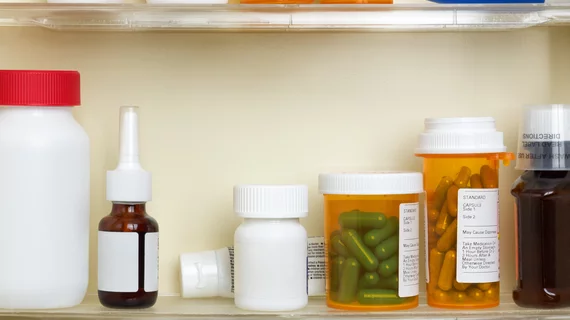Bill would allow Medicare to negotiate drug prices
As the rising drug price issue has taken hold of the healthcare debate in the U.S., Democrats in Congress have introduced a bill that would allow Medicare to negotiate drug prices. The legislation would also enable the government to issue licenses to companies willing to make generics of medications if drug companies refuse to negotiate in good faith.
Sen. Sherrod Brown (D-OH) is the lead sponsor of the bill in the Senate, and Congressman Lloyd Doggett (D-TX) is sponsoring the bill in the House. The bill comes at a time when the Trump administration has taken several steps to lower drug prices and healthcare costs overall. Recently, CMS proposed allowing Medicare Part D plans more flexibility to negotiate discount drugs.
“The purpose of medicine is to help people, not to line the pockets of Big Pharma executives. Our bill would call Big Pharma’s bluff and demand prescription drug companies offer fair prices, or be boxed out,” Sen. Brown said in a statement.
The bill has been introduced in the past, and the legislation’s path forward is unclear. In 2016, prescription drug spending under Medicare Part B and Part D accounted for 19 percent of all Medicare spending, according the Kaiser Family Foundation. Medicare Part D drug spending reached nearly $100 billion, while Part B spending hovered near $29 billion that year.

